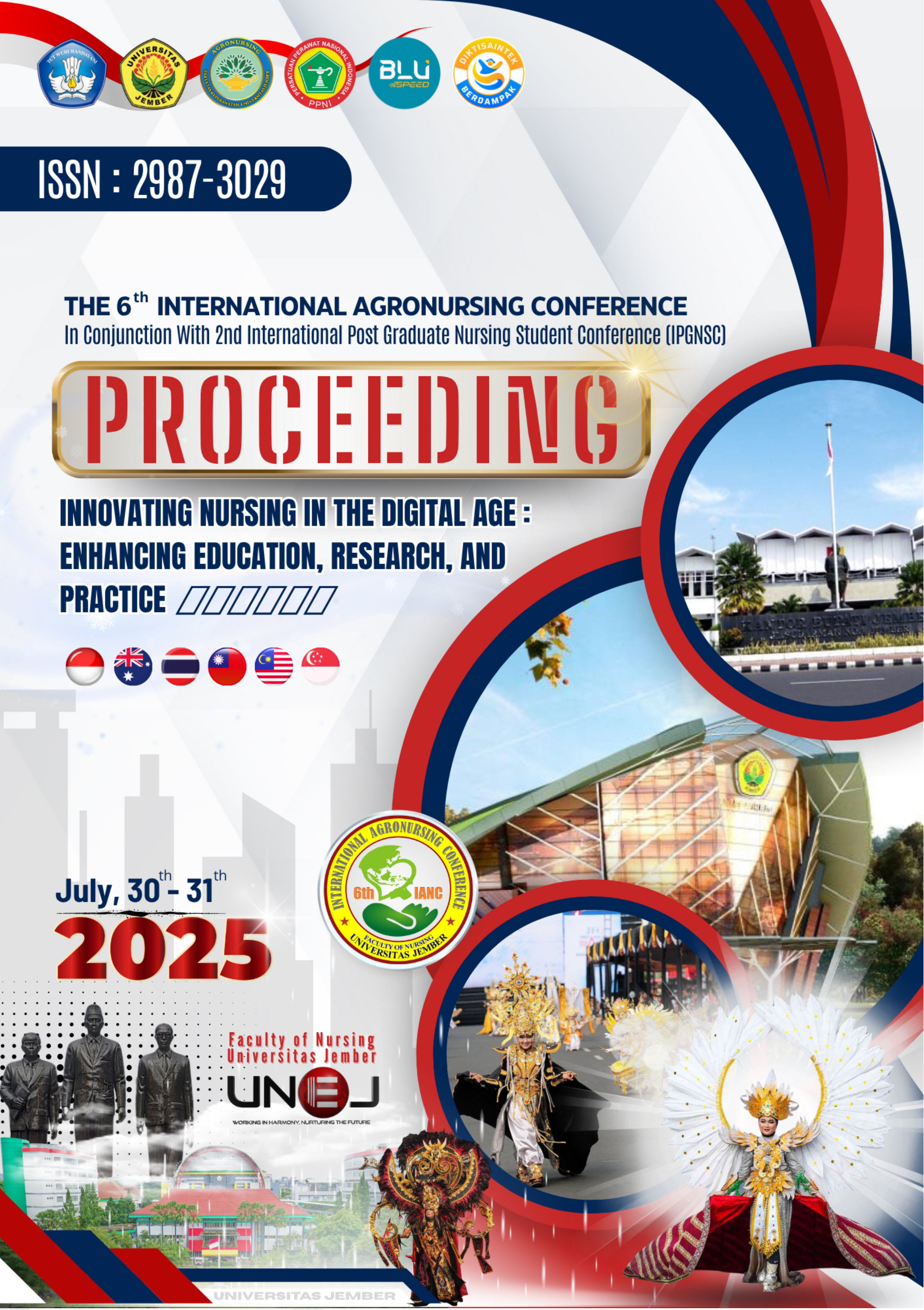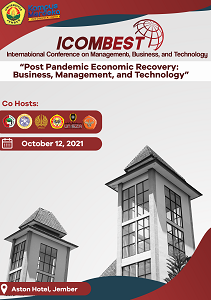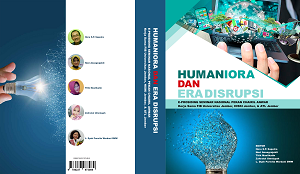SOCIAL SUPPORT ON THE PSYCHOLOGICAL WELL-BEING AND THE QUALITY OF LIFE OF END-STAGE RENAL DISEASE PATIENTS: A NARATIVE REVIEW
Abstract
End-stage renal disease (ESRD) is a chronic condition that significantly impacts patients' physical, emotional, and social well-being. Maintenance hemodialysis (MHD), the predominant treatment for ESRD, extends life but comes with substantial psychological and physical burdens, such as depression, anxiety, and financial stress. This study explores the role of social support in enhancing the psychological well-being and quality of life (QoL) of ESRD patients undergoing hemodialysis. Social support, categorized into emotional, instrumental, informational, and appraisal support, has been identified as a critical factor in improving treatment adherence, coping mechanisms, and psychological resilience. Research highlights the positive correlation between increased social support and enhanced health-related QoL, with emotional and instrumental support playing key roles. The study suggests that healthcare professionals should prioritize social support interventions to alleviate the psychological burden faced by ESRD patients. Additionally, it emphasizes the importance of family and community networks in fostering resilience and improving overall health outcomes for these patients. Findings underscore the necessity for tailored interventions that integrate social support to optimize the care of ESRD patients and improve their quality of life.








